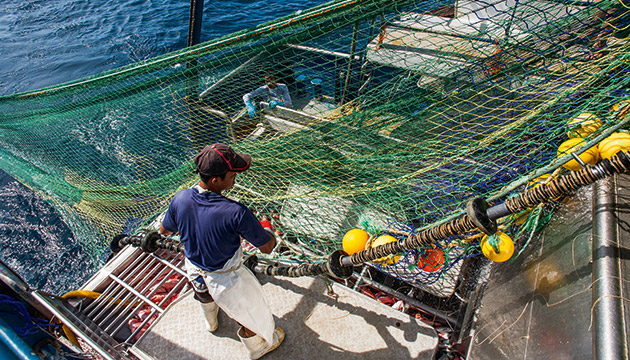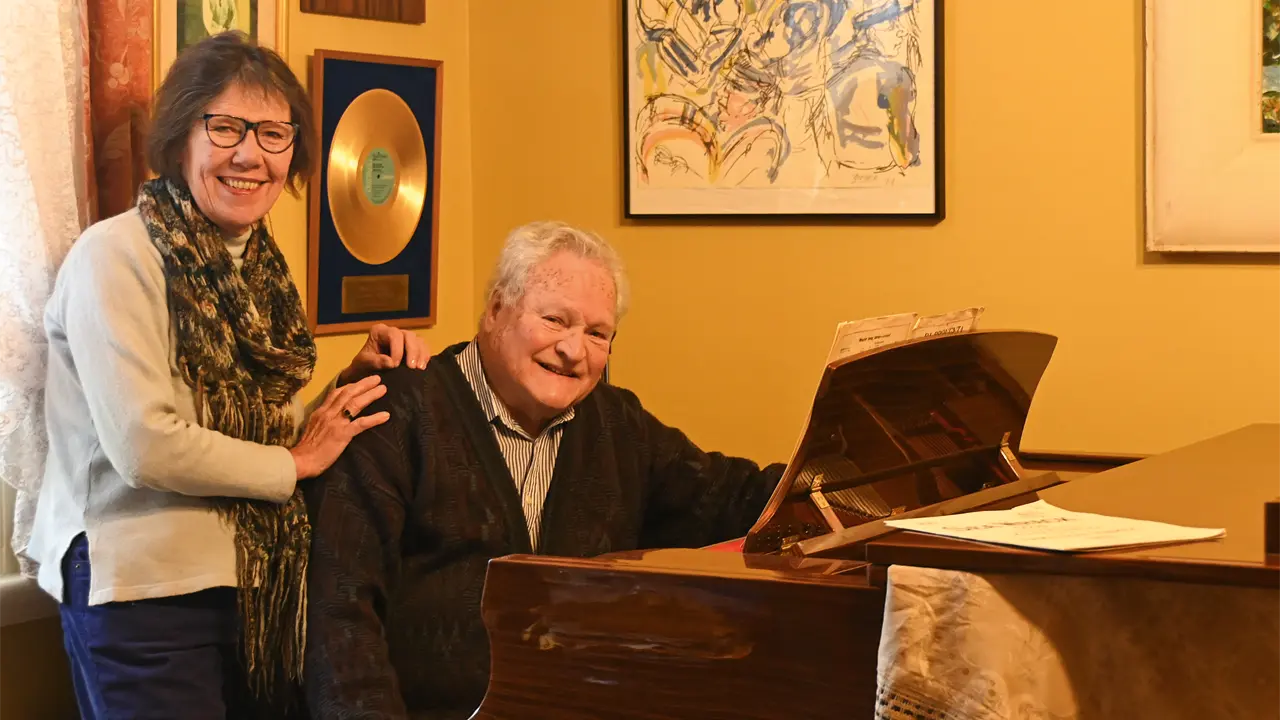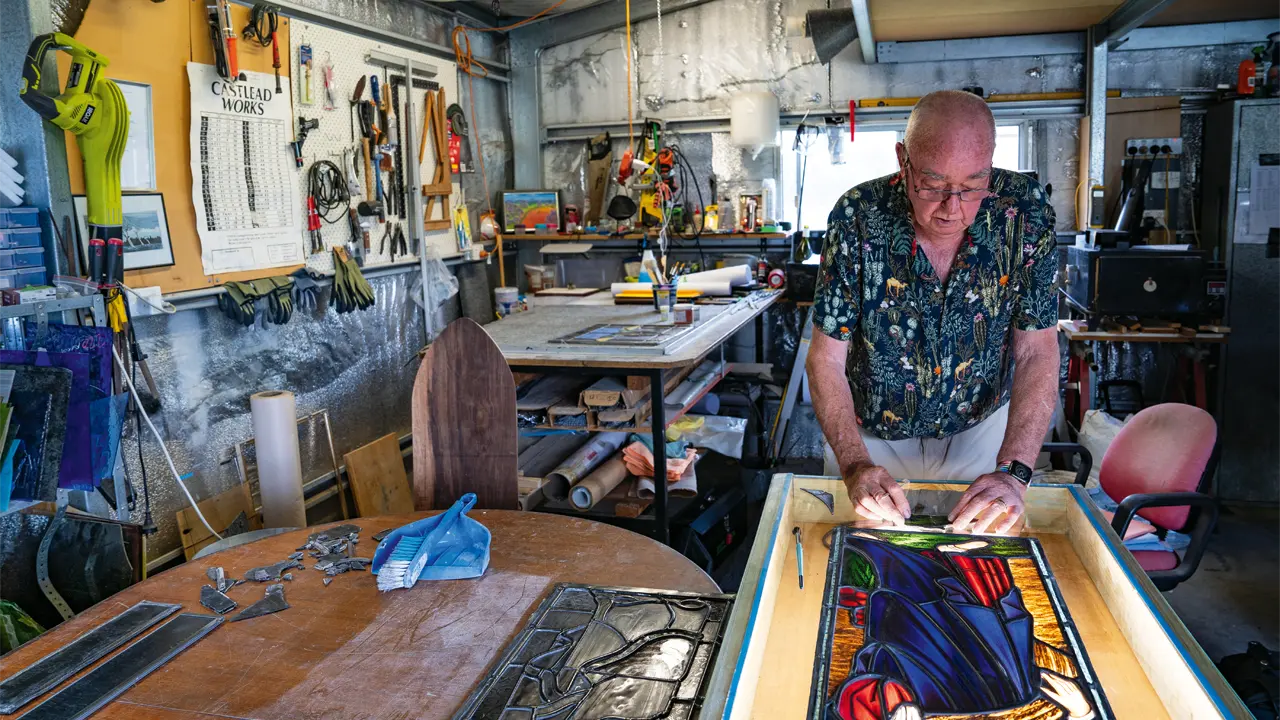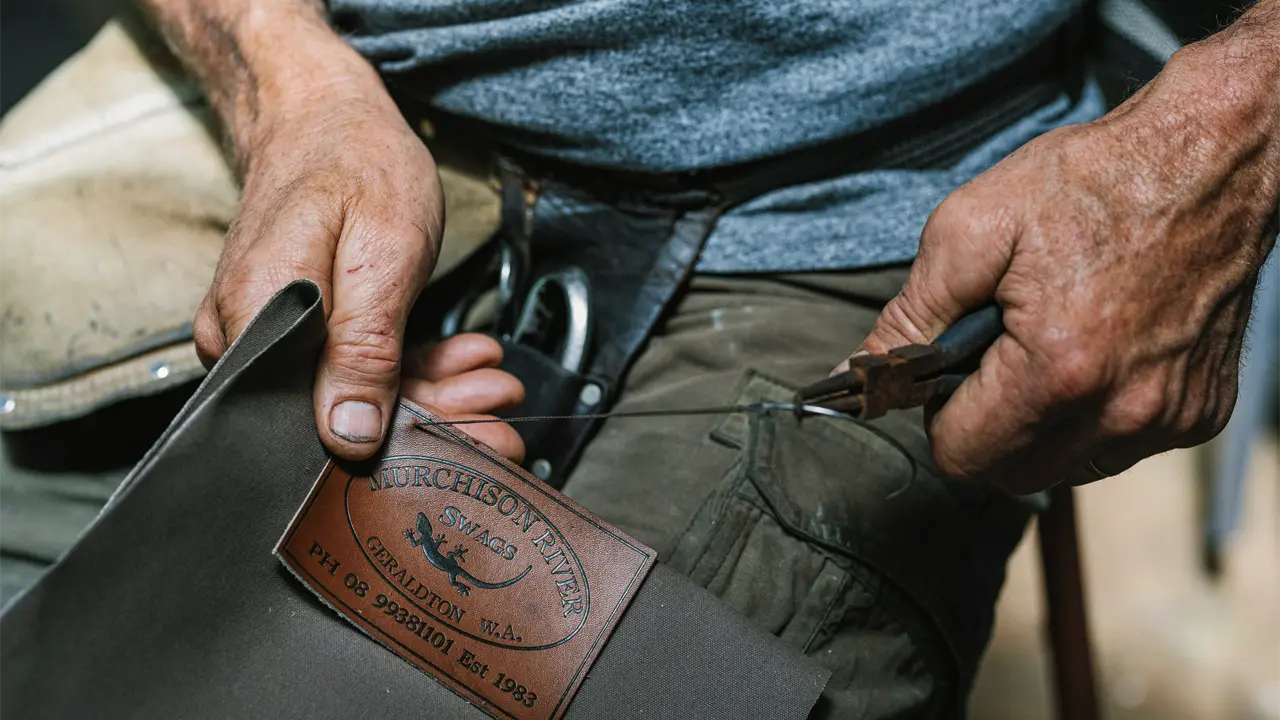One of Australia’s top seafood companies has combined commercial success with environmental innovation.
Story and photo by David Hancock
Operating in the waters of the Northern Territory and the Gulf of Carpentaria, Australia Bay Seafoods is Australia’s largest exporter and local supplier of exotic tropical fish. The company established red snapper as a fish of choice for southern markets and today supplies fish to companies that service Woolworths and Coles supermarkets and has 67 percent of the total licence and quota for the Northern Territory Demersal Fishery (fish that live on or near the bottom of lakes and the sea).
This giant of a business, however, has humble beginnings in the form of Bill Passey, who – like many young men of his generation – left school early, lied about his age to get his first job and never looked back. He made a huge success of his life as a fisherman, changing the industry irrevocably along the way.
Born in the back of a makeshift ambulance during the 1948 West Australian Goldfields floods, Bill was raised in Coolgardie and sent to Fremantle for his final years of schooling. He was sure he didn’t want to follow in his father’s footsteps as a driller. “Most of my good mates were from fishing families and they were going to sea,” he says. “I thought it would be an exciting life. I left home and school the day before I turned 14 and signed up for a job in a factory that processed crayfish at Cervantes [169 kilometres north of Perth]. I told them I was 16 to get the job, which is what everyone did in those days.
“I worked in the factory for a month or so and when someone was crook on a boat I took over as relief crewman. In the end I was the relief crewman for the whole fleet of 60 boats. I was in full-time demand and averaged about 20 hours a day for two years.”
At 18, he purchased his first boat, a small vessel with a licence for 65 traps. Two years later he began working with Theo Kailis, a pioneer of the West Australian rock-lobster industry, and ultimately spent 22 years at Cervantes.
In the 1980s, while retaining an interest in a crayfish boat at Cervantes, he went further north into deeper water and ended up fishing in the Timor Box on the outer limit of Australia’s 200-nautical-mile fishing zone. “It was as exciting as hell,” he says. “No European had fished those shoals and it was wonderful fishing for goldband snapper, one of the world’s most sought-after tropical fish.”
Bill decided to convert his vessel Wendy to a trawler and fish northern waters at a time when Thai and Taiwanese boats, with 60 trawlers, had developed a bad reputation for overfishing and damaging the seabed. “I looked at their operations and thought that if they can do it, I can do it better,” he says. “I didn’t realise it at the time that economic benefits would flow from environmental improvements. I immediately decided to get the nets off the ocean floor. This, alone, reduced the catch of sponges and coral from 1000 to 2000 kilograms a day to 2–3kg a day.” His net design is now the industry standard.
Bill also invented a bycatch reduction device that enabled sharks, stingrays and other large marine creatures caught in the nets to escape, reducing the catch of large marine creatures by 95 percent. Australia Bay Seafoods won the 2013 National Seafood Industry Environmental Award for both innovations.
“There have been a lot of changes in attitude to the environment [among professional fishers] and I am proud to be part of the journey,” Bill says. “Trawl fishers get a bad rap but sustainability is in our best interests.”
This story excerpt is from Issue #111
Outback Magazine: Feb/March 2017










